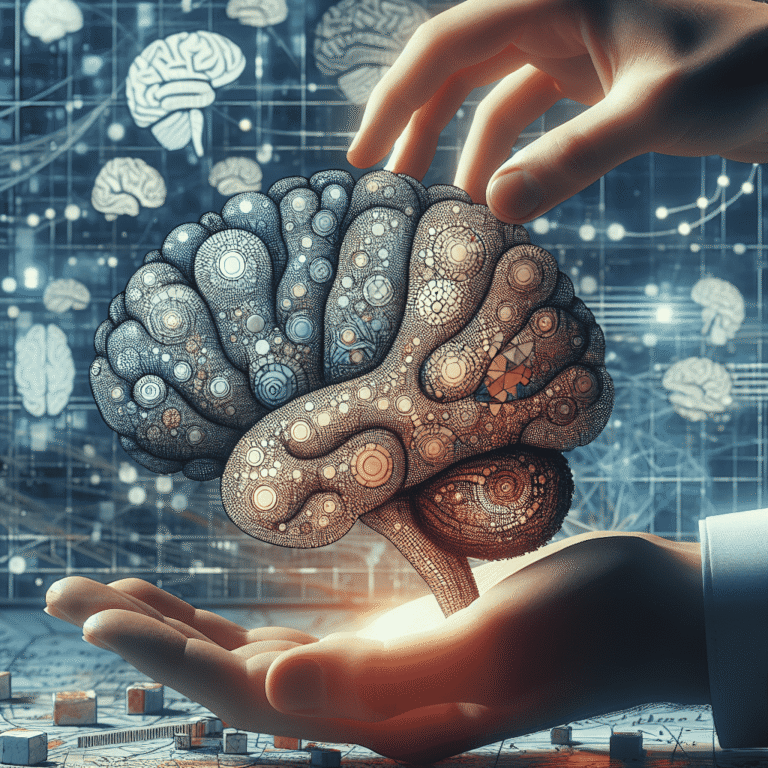BrainStorm Therapeutics, a San Diego-based startup, is leveraging Artificial Intelligence-powered computational drug discovery integrated with lab-based organoid experiments to accelerate the search for effective treatments for neurological disorders. Affecting over a billion people worldwide, these brain diseases—ranging from Alzheimer´s and Parkinson´s to rare genetic conditions—are notoriously difficult to treat, with a clinical trial failure rate surpassing 93%. BrainStorm´s ´lab in the loop´ method iteratively combines patient-derived brain organoids and advanced generative Artificial Intelligence models, offering a novel strategy to improve predictive accuracy in drug development.
Founded by neuroscience veteran Robert Fremeau and CTO Jun Yin, BrainStorm´s platform utilizes NVIDIA cloud GPUs and the BioNeMo Framework, enabling large-scale data analysis and drug screening on human brain cells. Their approach creates gene maps of neurological diseases and rapidly screens thousands of compounds for therapeutic potential, dramatically reducing both time and costs compared to traditional rodent or 2D cell models. The organoids exhibit brain wave activity similar to EEG patterns in the human brain, providing a more accurate representation of disease dynamics and drug efficacy. This method was key in their recent discovery that Donepezil, a drug for Alzheimer’s, may also treat Rett syndrome, leading to rapid FDA clearance for a phase 2 clinical trial in less than a year.
BrainStorm is also developing multimodal Artificial Intelligence models that combine cell sequencing, imaging, and EEG data to create precision medicine opportunities. Their ongoing projects include collaborations to repurpose drugs for conditions like CDKL5 Deficiency Disorder, further illustrating how Artificial Intelligence-driven platforms can transform rare disease research from a high-risk field into a dynamic, innovation-rich sector. By partnering with NVIDIA and applying advanced computing resources, BrainStorm Therapeutics aims to expedite neuroscience breakthroughs, significantly raise the success rate in bringing new therapies to market, and ultimately improve outcomes for patients with complex neurological diseases worldwide.

